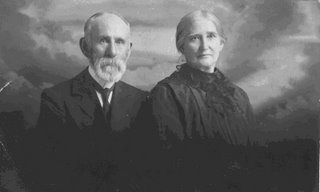These comments on Canada’s alleged public education system:
No student left behind: “‘What it really is, is about passing the buck,’ said Anton Allahar, a professor of sociology at the University of Western Ontario. ‘In a system where one is not accountable you pass them on to the next level, from Grade 3 to Grade 4 or from first year, to second year, to third year, so that somebody else later on down the line someone else inherits the problem.’
In their recent book Ivory Tower Blues: A University System in Crisis, Prof. Allahar and his colleague James Cote lay significant blame for the current state of affairs at the feet of a public education system they say is breeding ’empowered idiots.’
‘This idea of boosting self-esteem of students, especially those who don’t do well, has led to problems at primary, secondary and university educational levels where you have people who don’t aspire to do well, but still expect the star,’ said Prof. Allahar in an interview.
‘They still expect the reward and they still expect mommy and daddy and teacher to say, ‘Way to go! You gave it your best!’ But they are not giving it at their best. So what people like Jim Cote and I have inherited at the university level is a lot of people with very high self-esteem who are idiots.'”
Sigh…
Regards,
Don Johnson
Jer 33.3

Comments